Istanbul, Türkiye – The earthquakes that shook southern Turkey a year ago resulted in millions of people losing their loved ones, their homes and their jobs. But no one was hit harder than those already at the bottom of society – the Roma, Abdal and Domari communities in Turkey.
Although not recognized as minorities in Turkey, these groups, who migrated from northern India in the last millennium, are estimated to number up to five million people, living in poverty, social exclusion and discrimination.
Following the magnitude 7.8 earthquake – and the second, almost as strong one that followed just moments later – the quake struck in the early hours of February 6, claiming more than 30 lives 50,000 in Turkey and 8,000 in northern Syria, Roma, Abdal and Domari families faced more difficulties than others in accessing help and support.

“Since the first days of the earthquake, Roma have faced serious problems accessing relief supplies, clean water and shelter,” said Serkan Baysak, co-founder of the civil society group Romani Godi. “The biggest [reasons] are prejudices and accusations against Roma.”
While “Roma” is used as a collective term for those who left India at different times, there are three distinct groups in southern Turkey: the Roma, associated with those who emigrated to Europe; the Domari, who left India at a different time and did not reach Europe; and the Abdal, who identify exclusively as Turks but are still discriminated against as “Roma.”
Facing rising prejudices Turkish Roma, Abdal and Domari According to Jonathan Lee, director of advocacy and communications at the European Center for Roma Rights, the situation since the earthquakes has been fueled by far-right hate speech.
“We saw what happened with the earthquake after the COVID-19 pandemic,” he said. “When events like this happen, existing discrimination and existing prejudices are inevitably reinforced.
“Racism doesn’t take a break because there’s a war, an earthquake or a pandemic.”
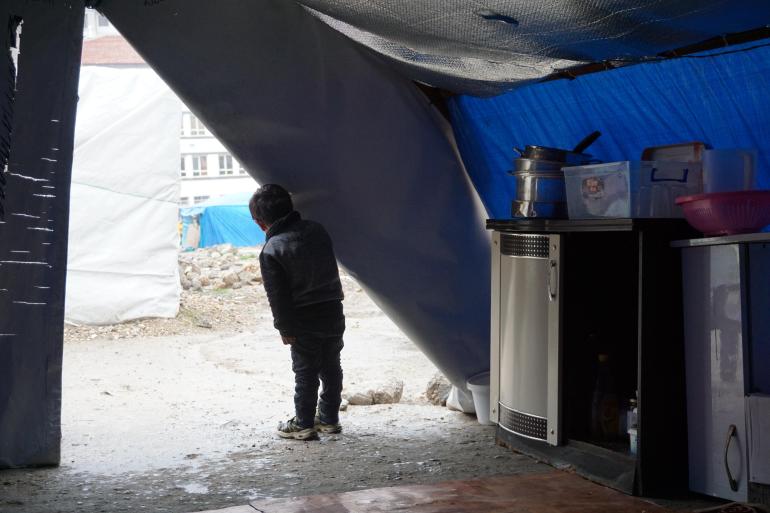
Many Roma, Abdal and Domari live in overcrowded households and lack identity cards or other official documents, making access to services such as education and social assistance difficult even in normal times.
These groups have long suffered from exclusion, discrimination and negative stereotypes, including frequent displacement due to urban renewal and outbreaks of racist violence.
In 2010, then Turkish Prime Minister and current President Recep Tayyip Erdogan hosted a meeting of Roma, Abdal and Domari to address their problems.
In recent years there have been further initiatives to promote integration and better access to services.
However, according to a 2021 study by Romani Godi (the Roma Memory Studies Association), inequality and poverty persist. The study found that monthly income was around 50 percent below the poverty line and almost four in five were affected by unemployment.
When the earthquakes struck and a state of emergency was declared in eleven Turkish provinces, the problems of the Roma, Abdal and Domari worsened.
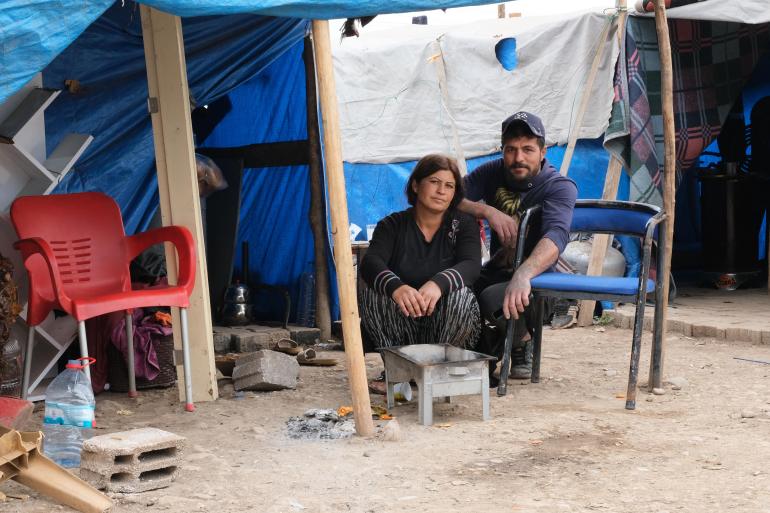
As survivors’ fears of the looting of the rubble grew, old prejudices also surfaced and the Roma, Abdal and Domari families became targets of false accusations, sometimes leading to vigilantism.
The fact that many Roma, Abdal and Domari made a living by collecting recyclable materials reinforced the assumption that they wanted to plunder the ruins.
“Cathedral citizens seeking assistance in Hatay were confronted with phrases such as ‘Gypsies loot and steal,'” said Elmas Arus, head of the Zero Discrimination Association.
“Women were beaten when they tried to get help in Hatay, and a mukhtar fired shots into the air to scare women trying to get clean water and drive them away.”
The exclusion forced many families to set up tents away from aid distribution areas, often near polluted streams or garbage dumps, Arus added.
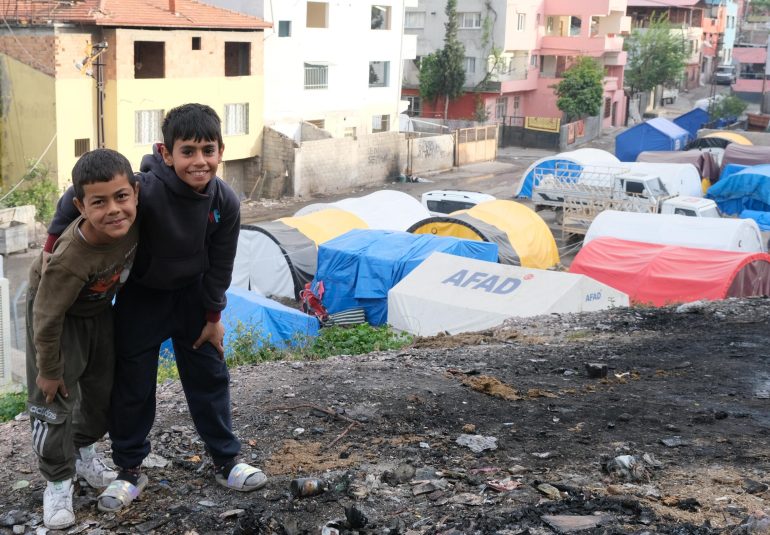
“Roma groups in the outskirts have difficulty accessing the city center and health services there,” she said. “The unhygienic environment they live in causes them to get infected with various diseases. Older people, pregnant women and children are particularly at risk.”
According to Erkan Karabulut, project coordinator for the Hatay-based Civil Dreams Association, children have also borne the brunt of exclusion.
“People used to say behind closed doors: ‘We don’t want our child to be in the same class as a Roma child,'” he said. “After the earthquake, it is right in the face of the Roma communities.”
When dealing with authorities, the lack of documentation also led to problems when applying for financial support and allocating container accommodation.
“In Hatay, Malatya, Maras and other places, many people still live in tents because they have no documents and therefore the state does not provide them with a container,” said Baysak of Romani Godi.
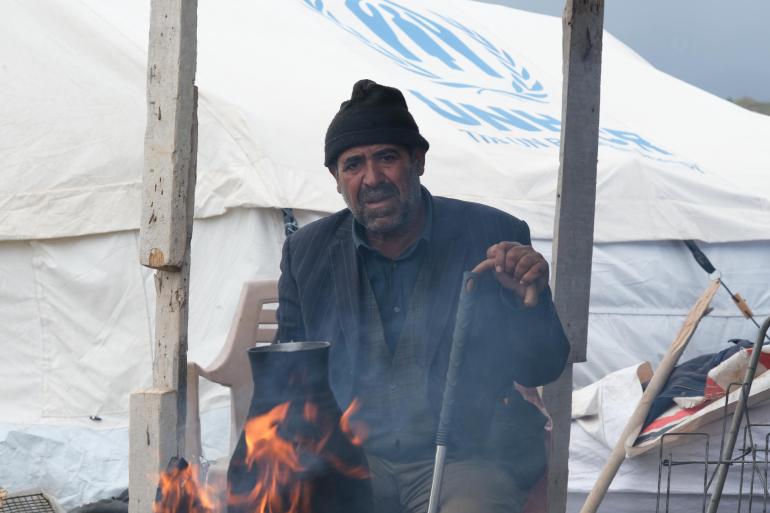
Since there are multiple families living in a house that are assigned to only a single family, those not listed on the property deed are not eligible for government assistance, he added.
Low literacy rates and a lack of online access make it difficult for Roma, Abdal and Domari to receive help.
According to Romani Godi and the Civil Dreams Association, which jointly attempted to house a group of 20 Abdals in Ankara, minority groups also faced discrimination outside the disaster area.
“They let them go after just one night, claiming that they were not survivors of the earthquake but had only come to Ankara to work, and accused them of theft,” Baysak said.
The calls for more support for Roma, Abdal and Domari call for a fairer distribution of aid and concrete steps against discrimination.
“These people don’t just want to be reassured with blankets, stoves, etc.,” Karabulut said.
“We all have the right to a life worthy of human dignity, and we believe that these people should be given a life worthy of that dignity.”
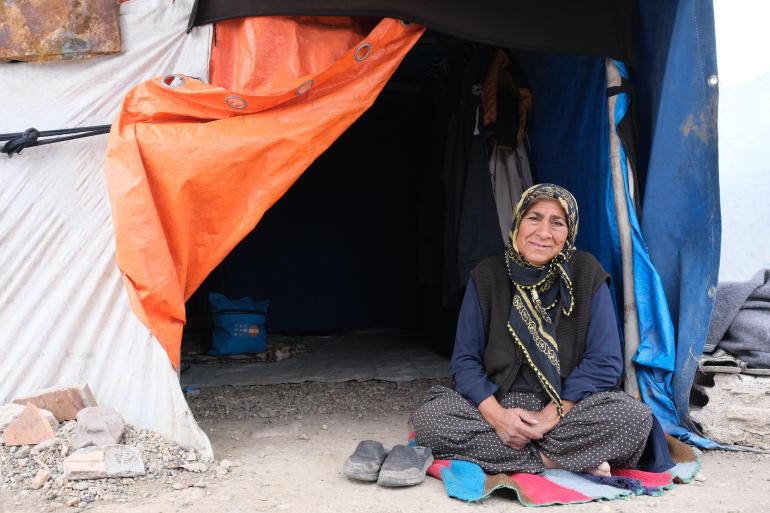

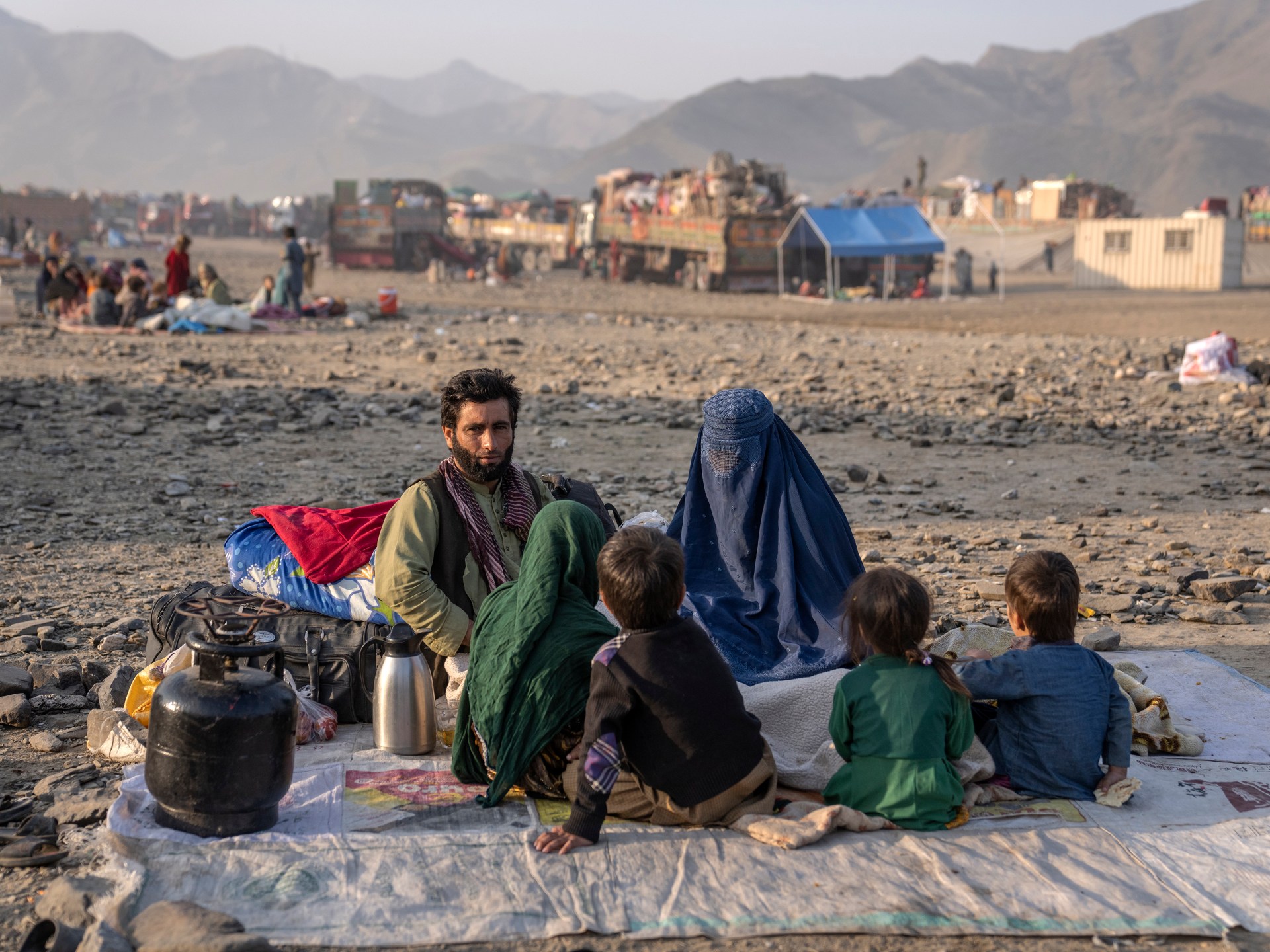
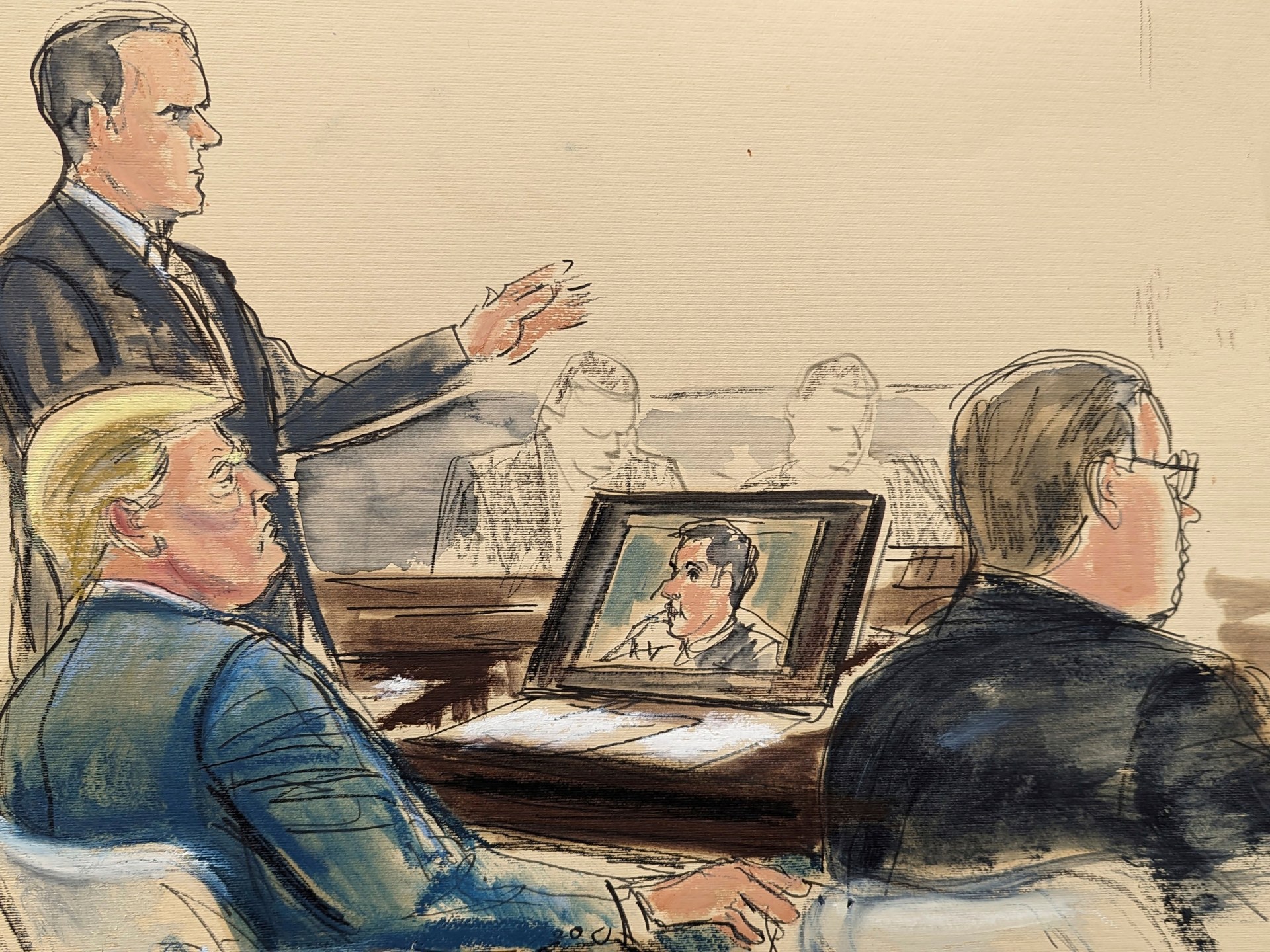



Recent Comments